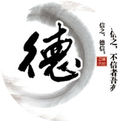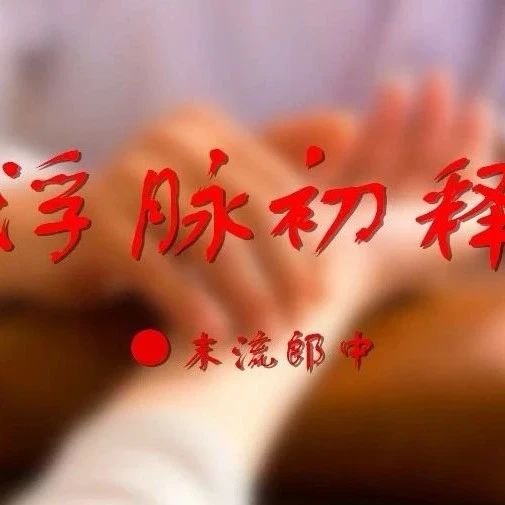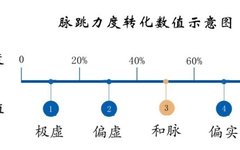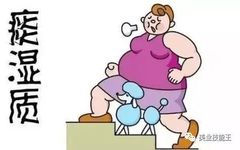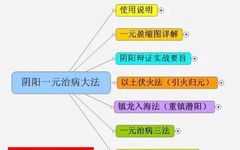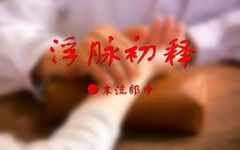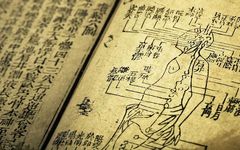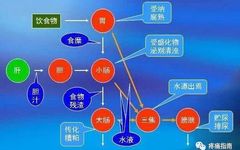Interpretation of Yin-Yang and Six Meridians by a Folk TCM Practitioner
Chapter 1: Introduction I am a genuine folk TCM practitioner. My father only passed down the essence of the practice, and I had to comprehend it myself. For example, “The human body is a mass of water and fire,” which refers to the theory of qi transformation. He said that as long as you understand … Read more

